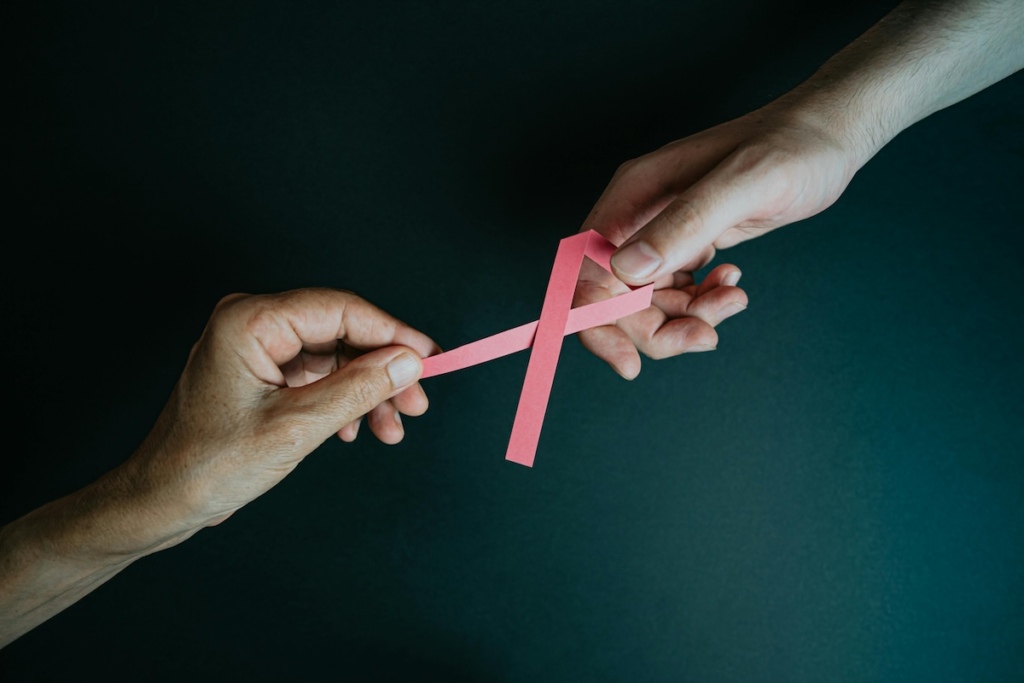
Bayer has announced that elinzanetant met all primary and secondary endpoints in its Phase III OASIS 4 study for treating moderate to severe vasomotor symptoms (hot flashes) caused by breast cancer treatments. The trial focused on women with or at high risk of developing hormone receptor-positive breast cancer who experience hot flashes due to adjuvant endocrine therapy.
The study demonstrated statistically significant reductions in both frequency and severity of hot flashes at weeks 4 and 12 compared to placebo. Additional benefits included reduced symptom frequency at week 1 and improvements in sleep disturbances and menopause-related quality of life. The safety profile over 52 weeks aligned with previously published data.
“For women undergoing endocrine therapy against breast cancer, menopausal symptoms like VMS and sleep disturbances are very common and can significantly affect quality of life, potentially impacting treatment adherence,” said Dr. Fatima Cardoso, Principal Investigator of OASIS 4, from Lisbon, Portugal. “The positive results from OASIS 4 bring us one step closer to a much-needed non-hormonal option for managing VMS in breast cancer patients and women at risk of breast cancer.”
Elinzanetant, a dual neurokinin-1 and 3 receptor antagonist, is administered orally once daily. The OASIS 4 trial included 474 patients across 90 centers in 16 countries, excluding the United States. This marks the first pivotal international Phase III study addressing this specific population with unmet medical needs.
“Elinzanetant has consistently demonstrated positive results across all four Phase III clinical trials that assessed the efficacy and safety for the treatment moderate to severe vasomotor symptoms associated with menopause or caused by adjuvant endocrine therapy,” said Dr. Christian Rommel, Head of Research and Development and Member of the Executive Committee of Bayer’s Pharmaceuticals Division. “Importantly, OASIS 4 is the first pivotal international study to assess the safety and efficacy of a non-hormonal treatment approach for women with or at high risk of breast cancer who are suffering from VMS caused by adjuvant endocrine therapy, reaffirming our commitment at Bayer to advancing innovative treatments for the different needs of women and their health.”
Submissions for marketing authorizations are currently ongoing in the US, EU, and other markets worldwide.



